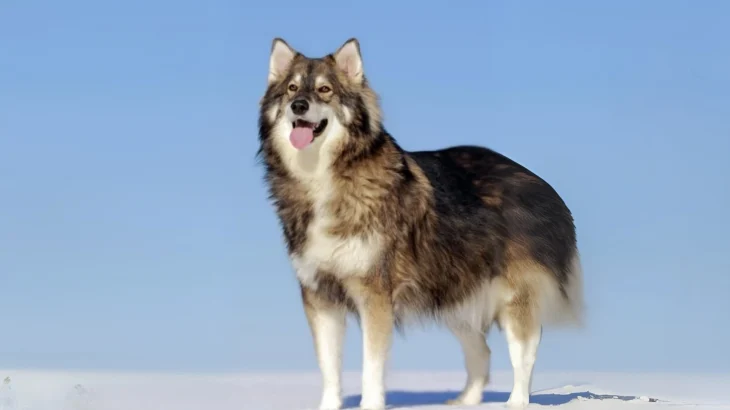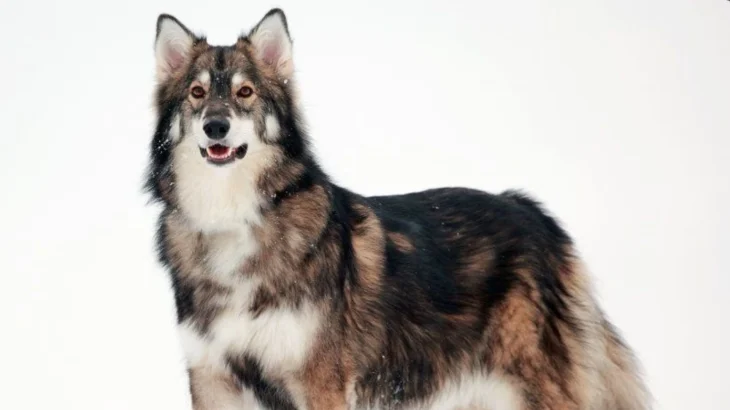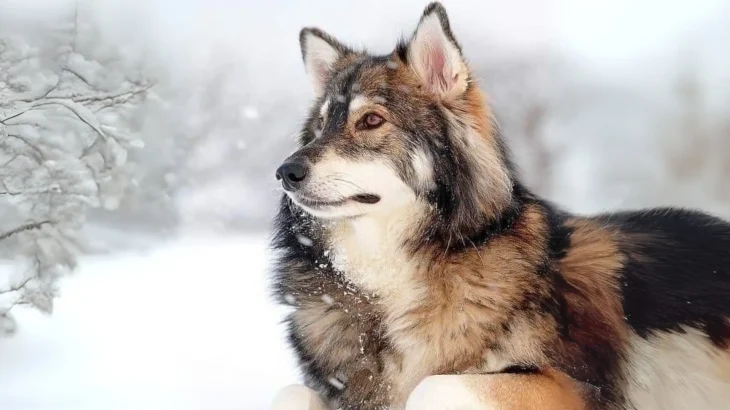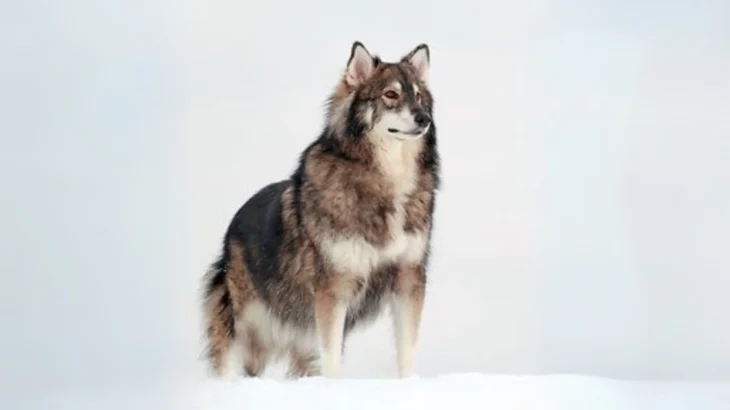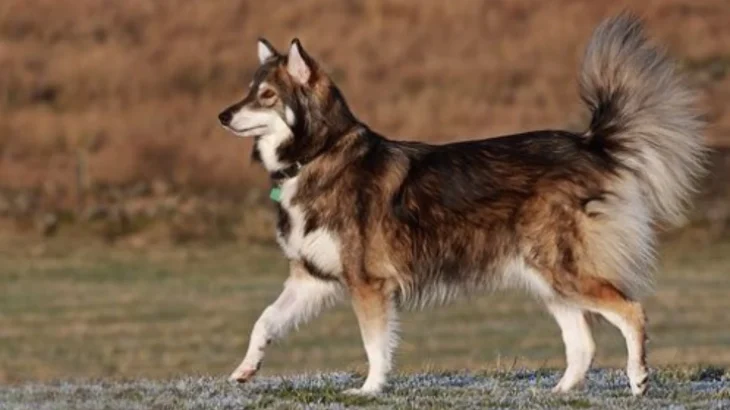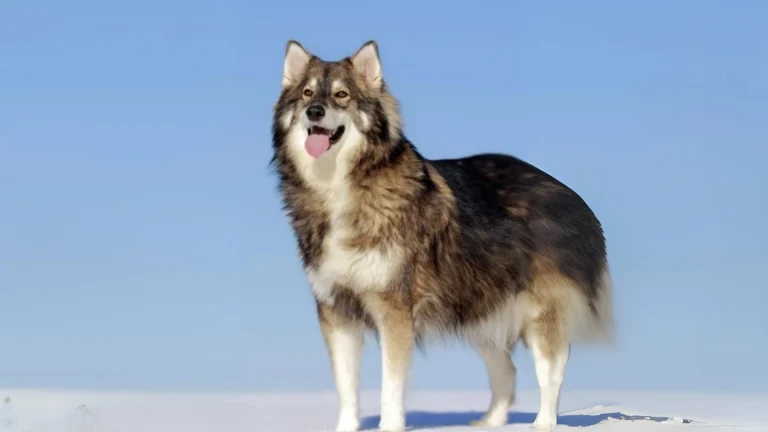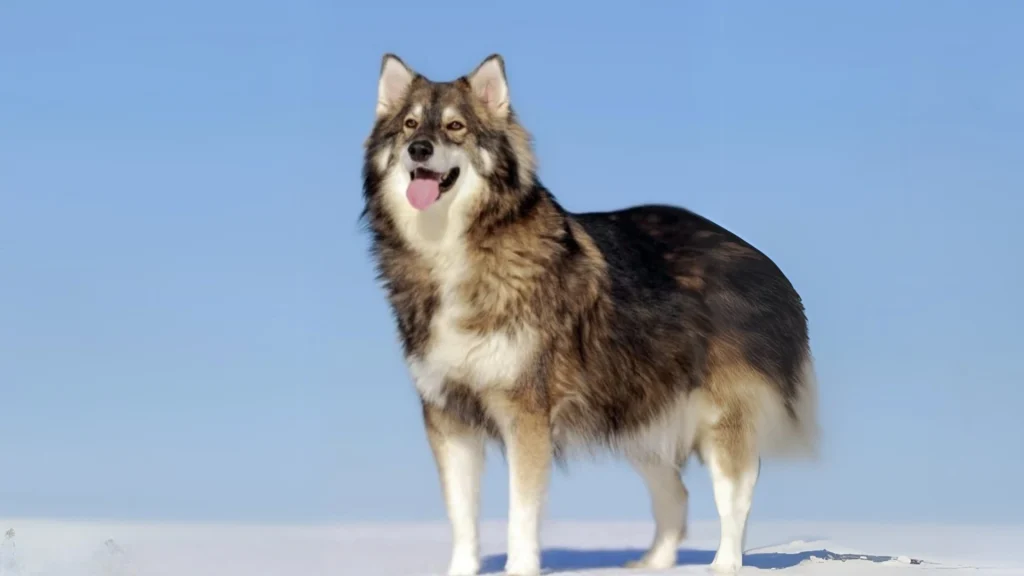When deciding between adopting or purchasing a Utonagan puppy, the choice often depends on access to health info and breed assurance. Buying from a breeder usually offers clearer insights into the puppy's lineage and health, while adopting gives a home to a dog in need, though specifics about the puppy's origins may be less certain.
| Criteria | Buying from Breeder | Adopting from Shelter/Rescue |
|---|---|---|
| Cost | Higher initial cost due to purebred status and breeder expenses. | Generally lower fees that support animal welfare groups. |
| Health History | Comprehensive health screenings and genetic info usually provided. | Health background may be incomplete or unknown; shelters do basic checks. |
| Age Availability | Primarily young puppies, ideal for early raising. | Various ages available, including adults for flexibility. |
| Temperament Insight | Breeders offer insight based on lineage and early behavior. | Shelters share behavioral observations but often with less background. |
| Ethical Considerations | Supports breeding programs; important to select responsible breeders. | Helps reduce shelter populations and gives homes to dogs in need. |
| Breed Purity & Pedigree | Clear documentation on pedigree and breed standards. | Breed purity may be uncertain or mixed due to unknown backgrounds. |

